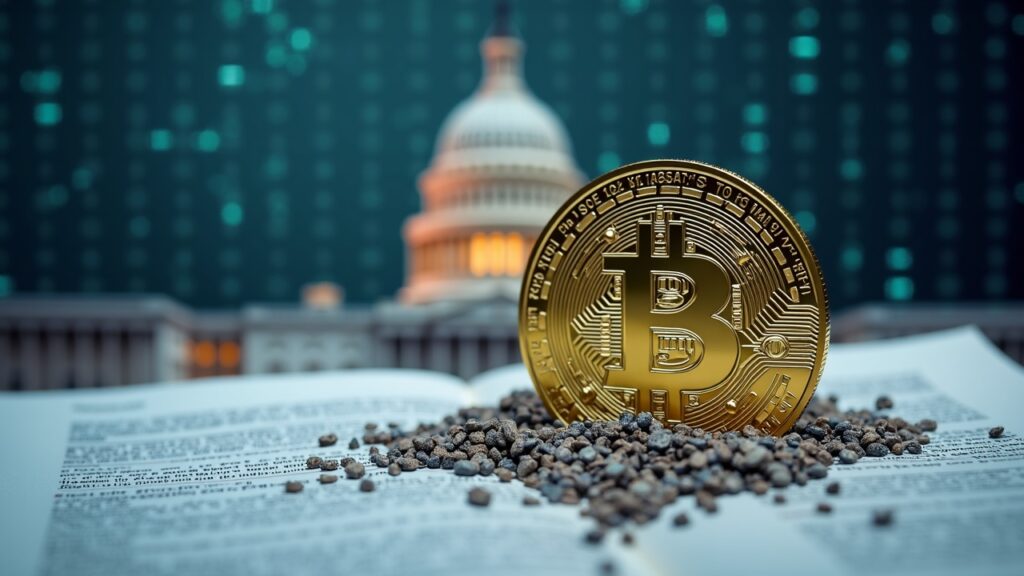Circle updated its terms of service in early November 2025 and allowed the use of USDC for “legally permissible transactions involving firearms protected by the Second Amendment”, reversing a previous ban that barred operations related to weapons and ammunition. The decision matters because it exposes how stablecoins can be subject to political pressures and affects merchants, users, and lawmakers who are debating the regulatory role of dollar-linked digital currencies.
The original Circle policy included a broad prohibition against “weapons of any kind, including firearms, ammunition, knives or explosives”, according to reports that spurred a campaign by pro-gun groups and conservative lawmakers. Conservative activism, led by Americans for Tax Reform (ATR), framed the policy as financial censorship and highlighted past donations by CEO Jeremy Allaire; the National Shooting Sports Foundation (NSSF) labeled the ban “financial discrimination” and compared the practice to the historical episode known as Operation Choke Point.
The company justified the change by stating: “We have not and will not deny the use of USDC for legally permissible transactions involving firearms.” Circle, which went public in June 2025 with an IPO of $1.05 million, also faced direct political pressure: senators such as Bill Hagerty and Cynthia Lummis celebrated the reversal as a defense against mechanisms that, in their view, restrict rights to trade.
Context and impact of the decision on USDC
The decision underscores that stablecoins issued by centralized entities are exposed to political and reputational incentives; this can translate into operational policy changes depending on the legislative context.
By explicitly aligning with federal law, Circle reduces its immediate risk of legal confrontation, but increases legislative and stakeholder attention on its terms of service.
The reversal may restore relationships with certain market actors (for example, legitimate firearms merchants) but raises doubts in sectors that demand absolute neutrality in digital payments.
The turn comes in the context of the legislative debate about stablecoins (mentioned by proponents of the GENIUS Act) and anticipates a period of political and regulatory scrutiny; the next milestone to watch is the regulatory reaction and any new update of terms of service by stablecoin issuers.


